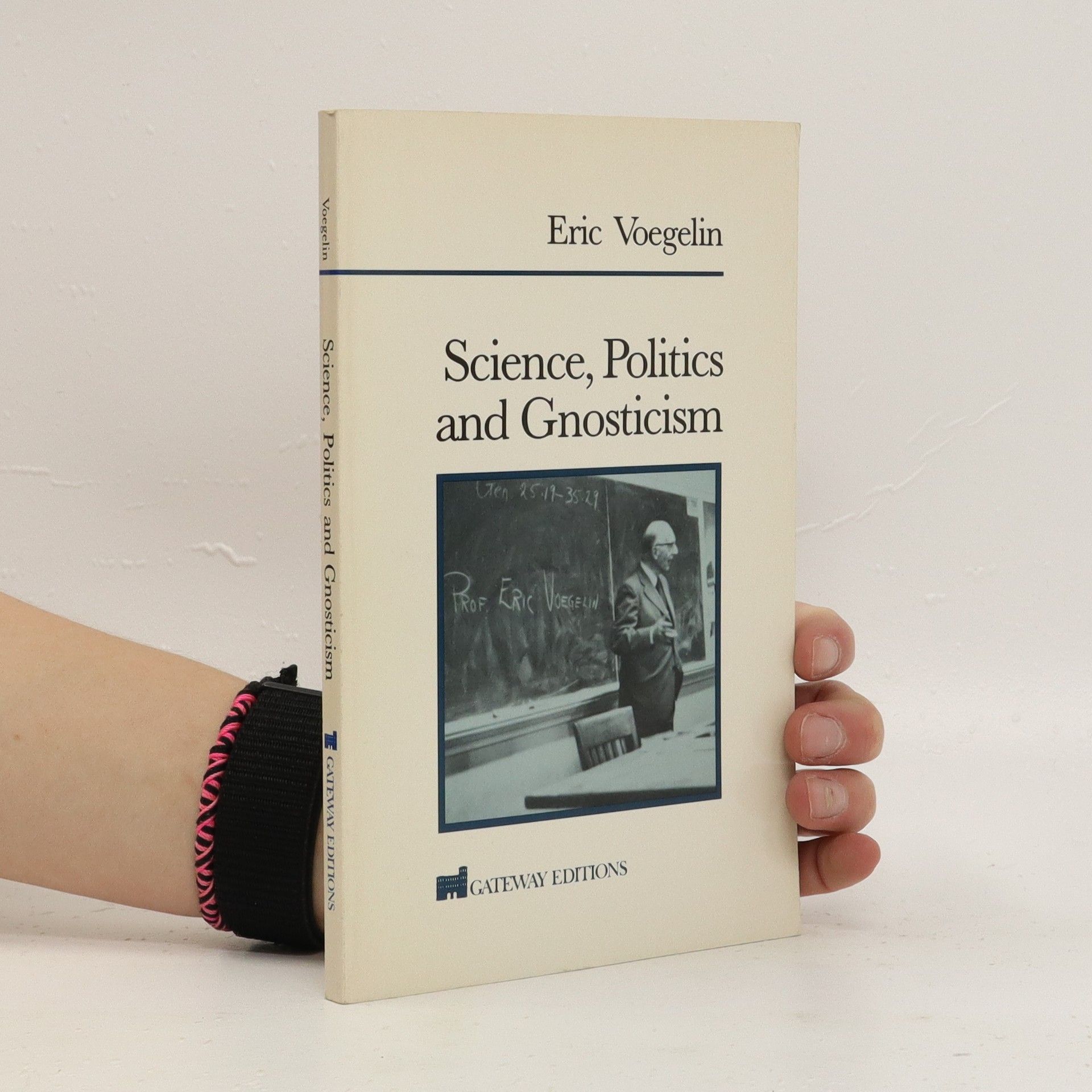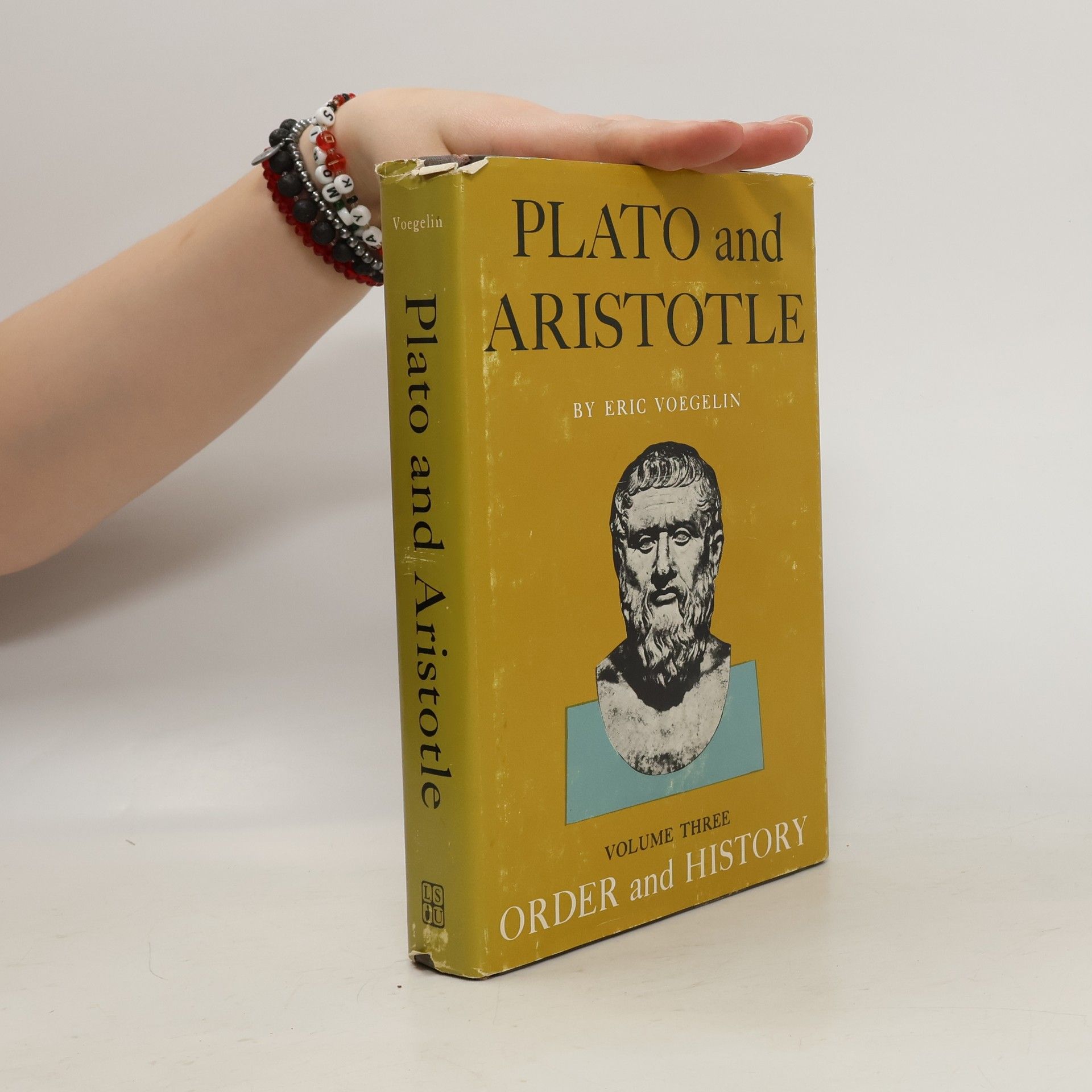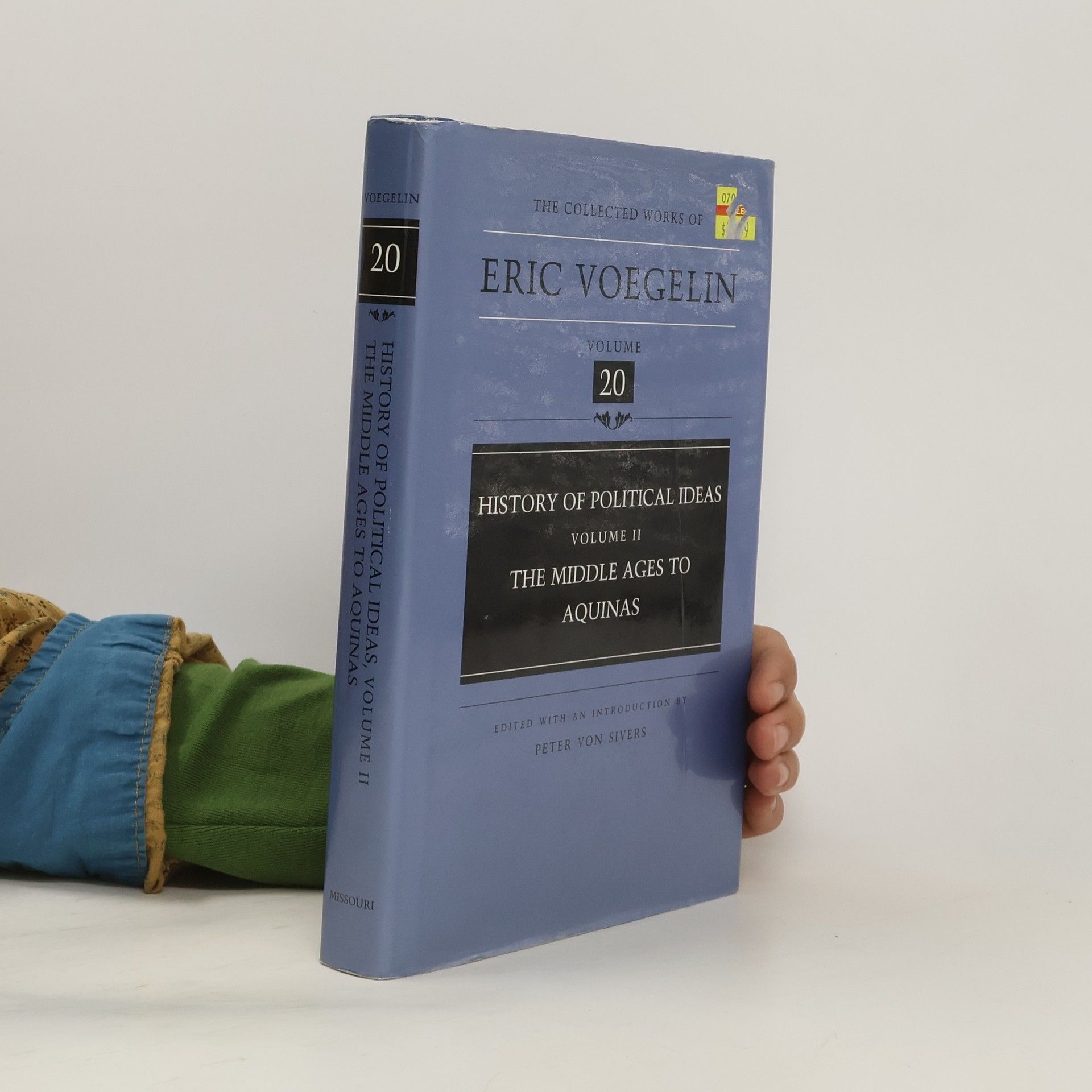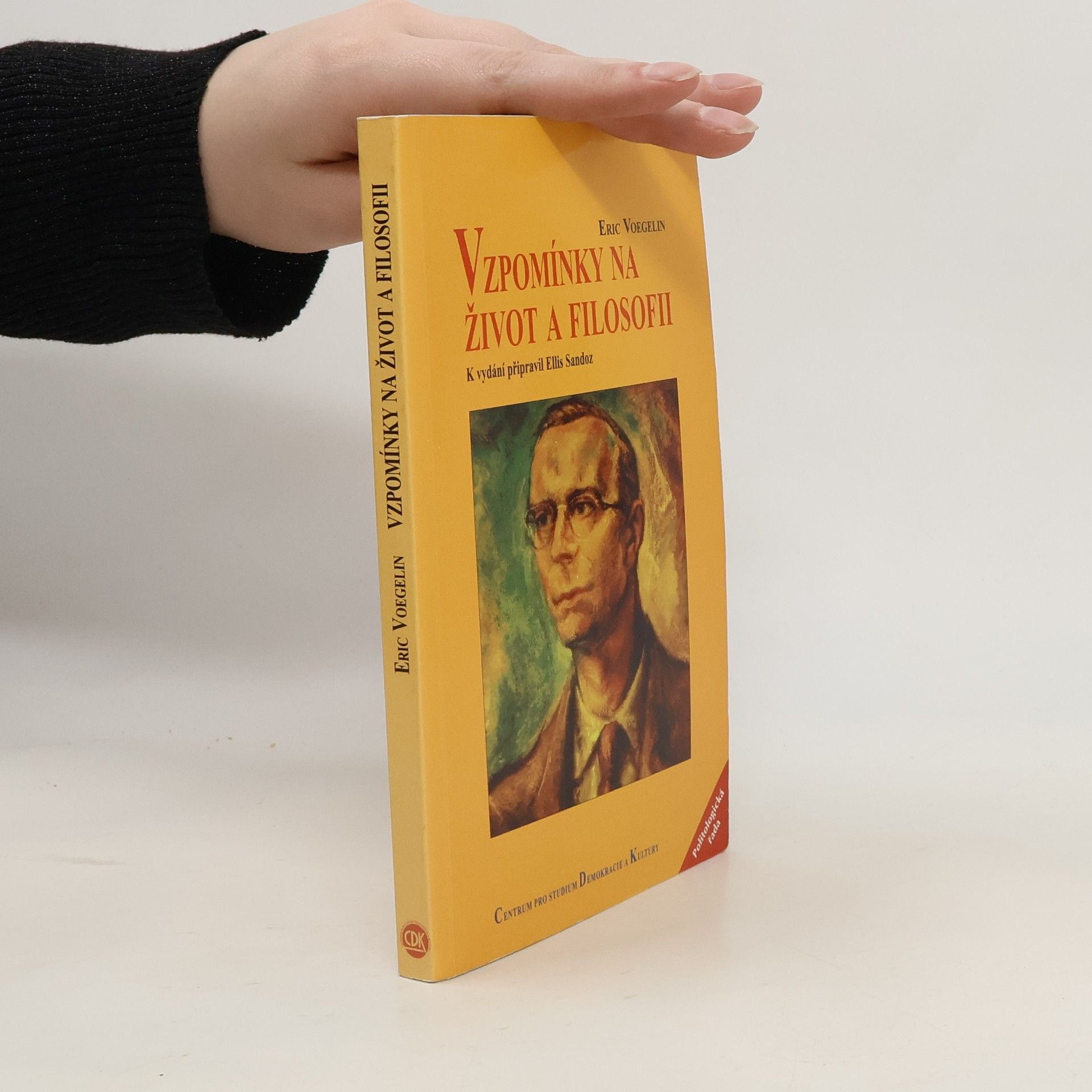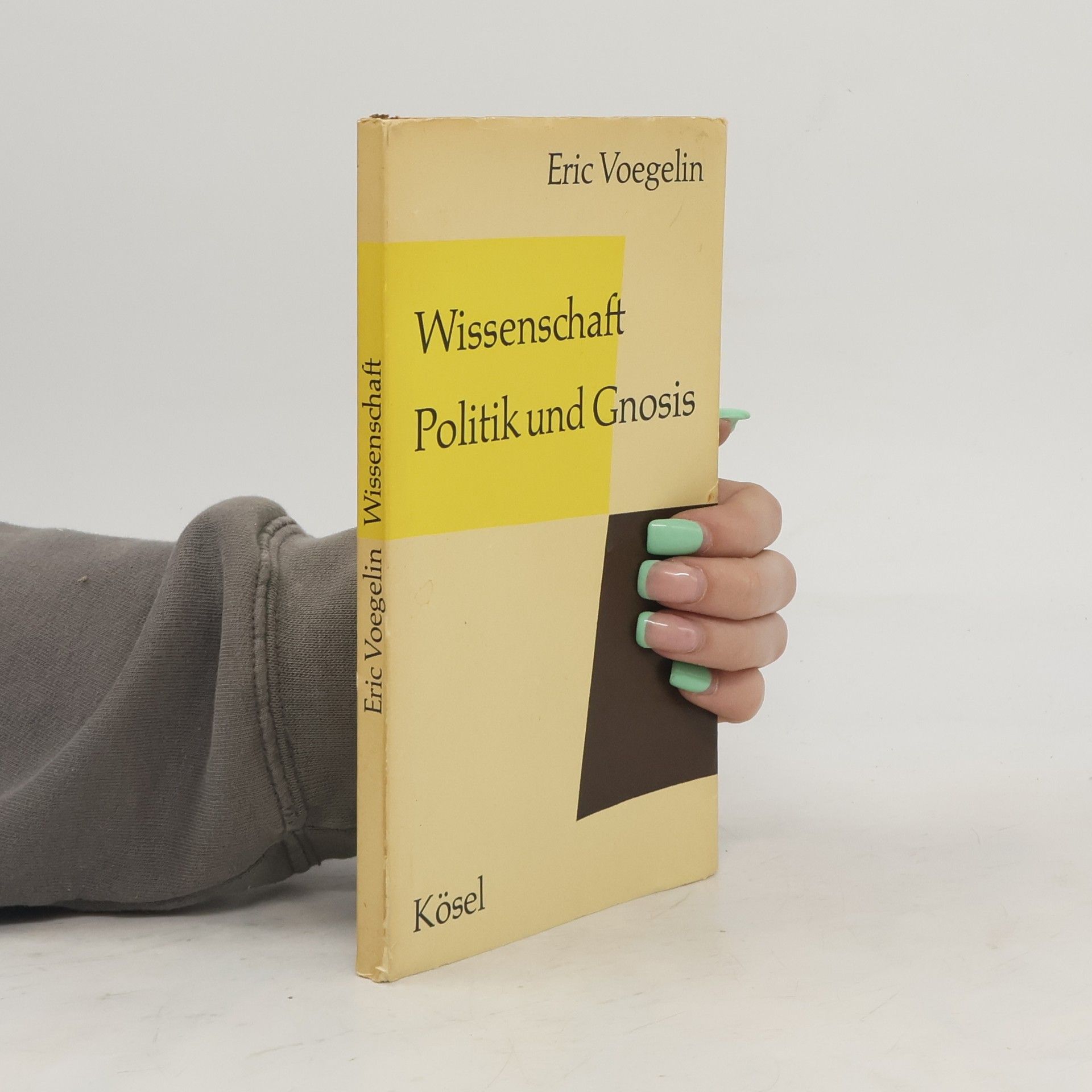History of Political Ideas. Volume II
The Middle Ages to Aquinas
The series will publish all of philosopher Voegelin's (1901-1985) works, including the previously unpublished, multi-volume History of Political Ideas, of which this is the second volume. Completed in 1944, it is not a conventional chronological account but an original comprehensive account of the political thought and experiential underpinnings that typified the medieval period. A survey of the structure of the period is followed by analysis of the Germanic invasions, the fall of Rome, and the rise of empire and monastic Christianity, climaxing in a study of Saint Thomas Aquinas. Annotation copyrighted by Book News, Inc., Portland, OR




